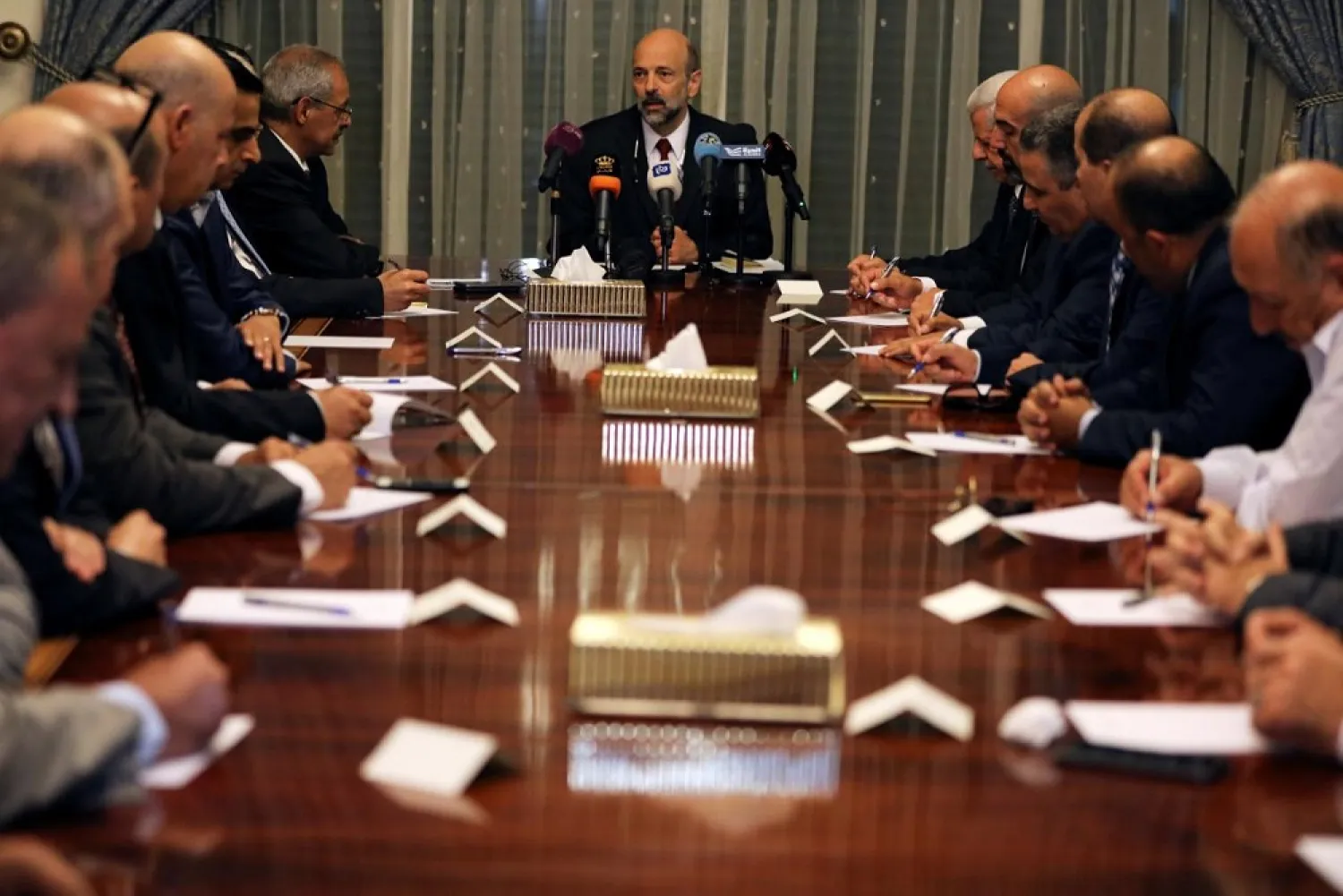Jordan’s Upper House of Senate approved Wednesday tax bill amendments, proposed by its Finance and Economic Committee, to impose a fixed tax of 10 percent on capital profits resulting from stock trading and exceeding JD10,000.
Head of the Committee Umayyah Toukan said that the Lower House of Parliament’s version, which was approved Sunday, reduces the expected revenues by JD100 million. He indicated that this negatively affects the economic reform program and puts Jordan in a “difficult position” when it comes to donors and the international community.
Senators decided to bring back an article from the government's draft law, which sets tax on industrial activities, except pharmaceuticals and clothes, at 25 percent in 2019, 20 percent in 2020, 15 percent in 2021, 10 percent in 2022 and 5 percent in 2023, Jordan news agency, Petra, reported.
Senators raised the minimum limit of taxation from JD500 to JD1,000 on partnership and limited partnership companies that are registered in Jordan and practice any activity or investment the income of which is subject to taxation.
The bill will now be returned to parliament for approval, and if it maintained its previous position a joint session of the two Houses will be held for further discussions.
On Sunday, the parliament approved a new IMF-backed tax law after arguments and discussions between the government, parliament, parties, unions and civil society.
Prior to the vote, Prime Minister Omar Razzaz warned that Jordan would pay a heavy price if parliament failed to approve the legislation, meaning the country would have to pay even higher interest rates on its substantial foreign debt.
He said the law promotes social justice by targeting the wealthy and combats long-time corporate tax evaders, indicating that individuals who will be affected are the top 12 percent income earners and it will not affect middle- and low-income earners.









